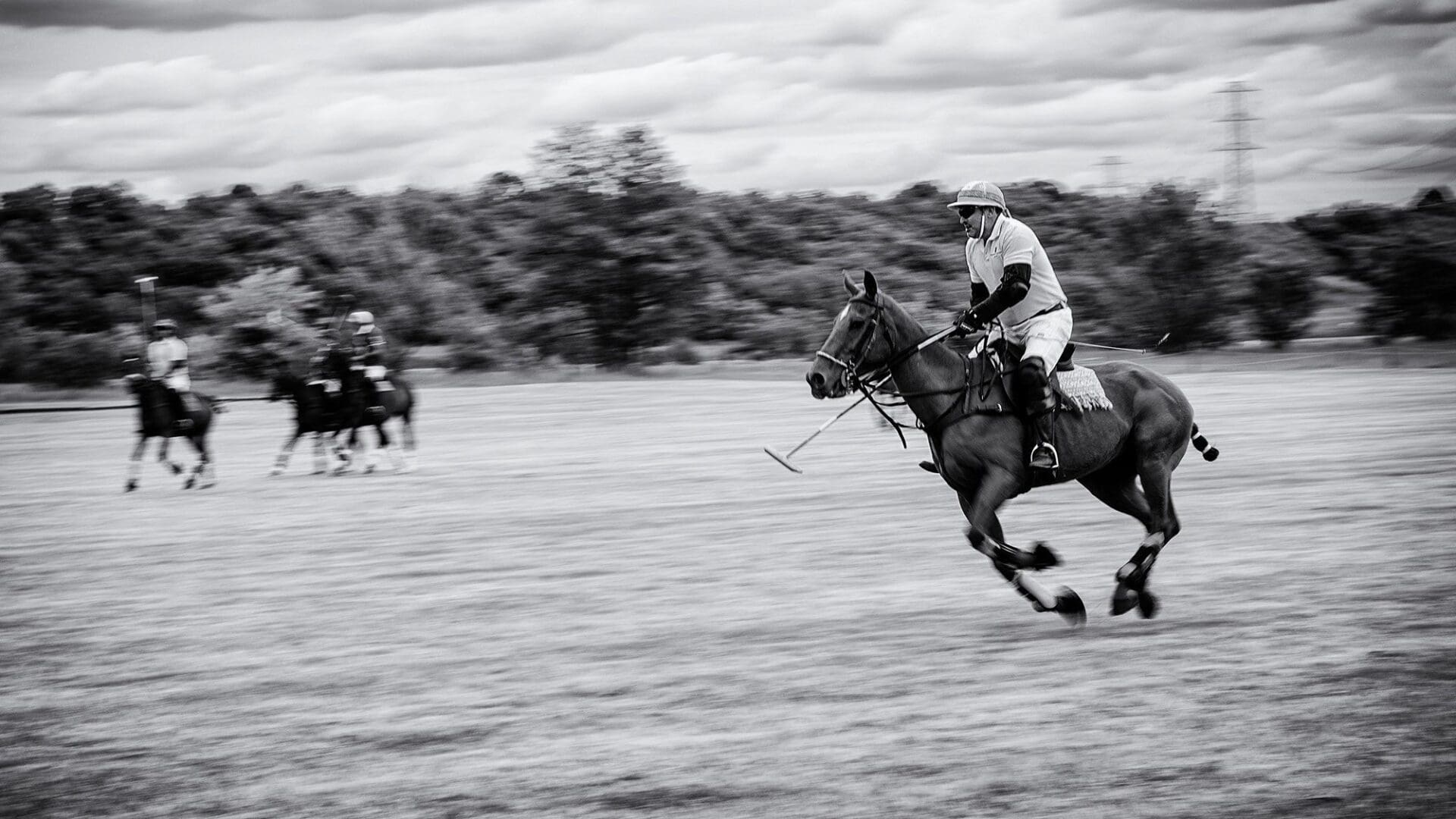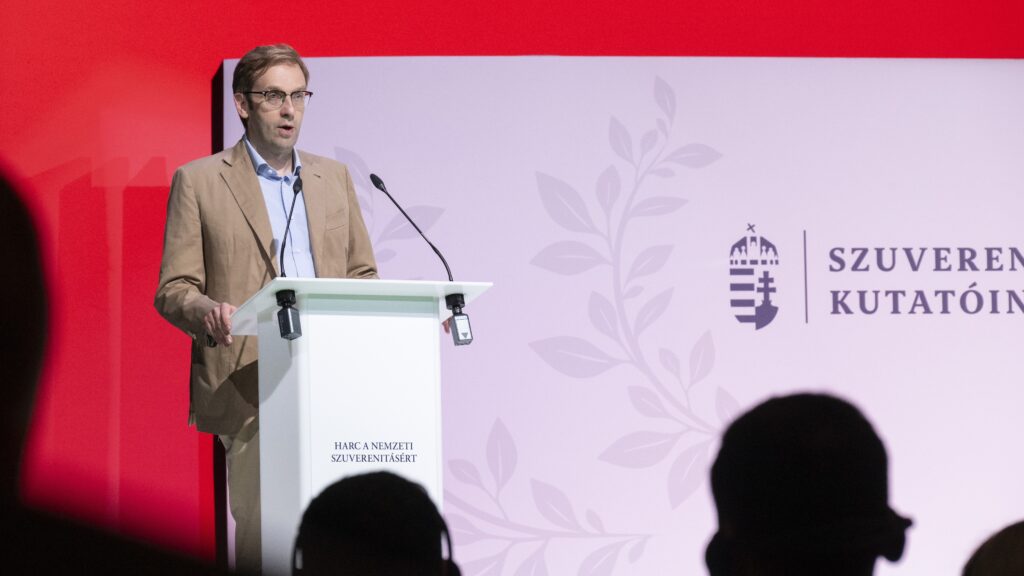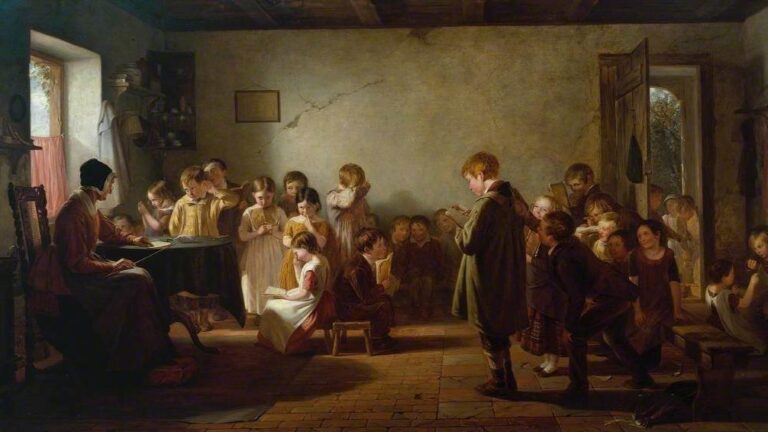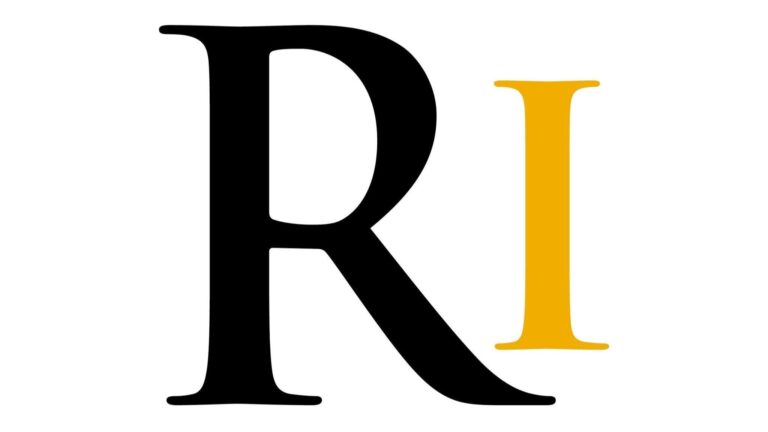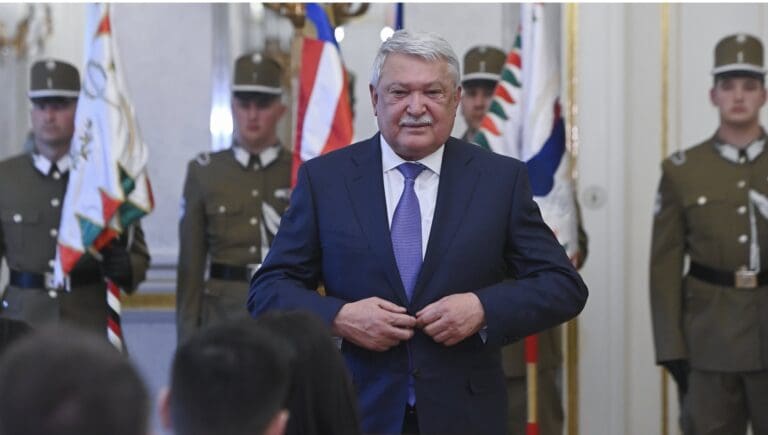Few are aware that for a significant segment of Hungarian society, polo was an integral part of life for decades. Prior to World War II, Hungary was regarded as one of the most talented polo nations. However, socialism, as it did with many other great things, did away with polo. It was not until recent times that Hungary was able to regain its place at the table of the greatest polo nations. Over the past few decades, András Tombor, Hungarian businessman and philanthropist, and his team at Bardon have put Hungary, back on the international polo map.
Equestrian Traditions in Hungary
The Hungarian people traditionally belong to the great equestrian nations. As is well-known, our ancestral Magyars rode into the Carpathian Basin on horseback during the Conquest, and their never-before-seen equestrian fighting style was viewed with fear and awe by the European peoples of that time. The tradition of this fighting style is still known and respected throughout the world, thanks to the work of Lajos Kassai, a traditional horse archer.
This dedication to horse riding has been constant throughout the history of the Hungarian people and our equestrian expertise can be said to have had an impact on the whole world.
The horse-drawn carriage was first produced in Hungary in the 13th century,
and by the late 1800s, the Russian Tsar, the German Kaiser, and the Dutch King all rode in front of their carriages on the fastest horse of the age, the Hungarian Jukker.
The work of Count István Széchenyi and Baron Miklós Wesselényi made us a world leader in racehorse breeding. Who hasn’t heard of the English Derby-winning Kisbér, the unbeatable Kincsem, a mare that has become a legend, or the Bábolna-bred Imperial?
In the late 20th century, Hungarian courage, competitiveness, and love of riding were combined again in the introduction of a new sport to Hungary. The Andrássy family, one of the most influential aristocratic dynasties in 19th century Hungary, made a significant investment to introduce polo, already widely practised by the aristocracy in other countries, to Hungary.
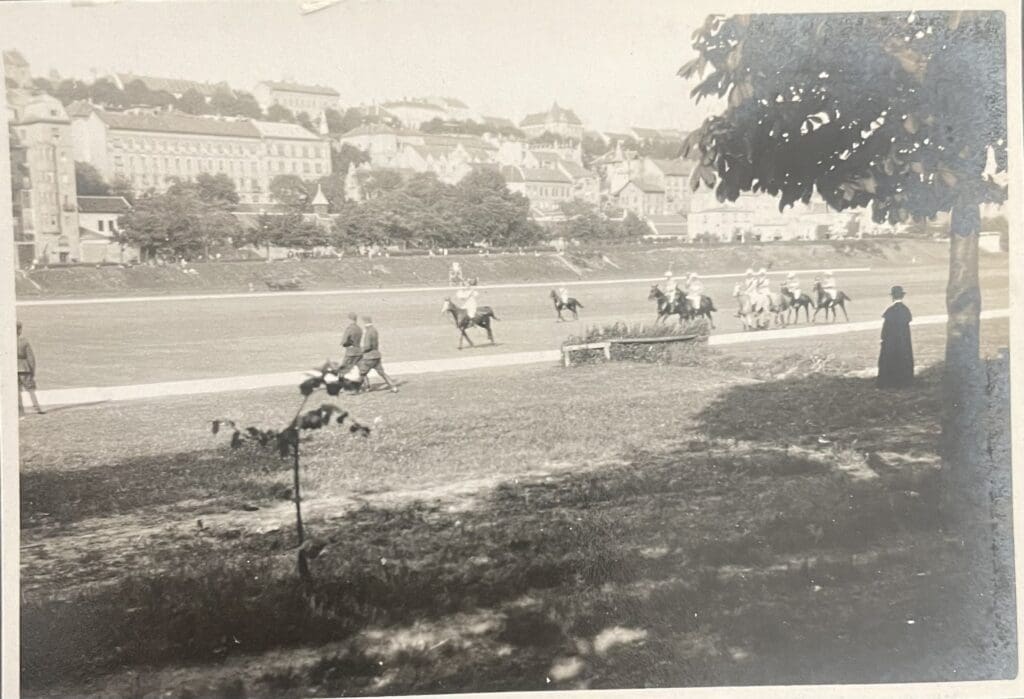
In the decades that followed, polo as a team sport became extremely popular in our country. A career as a military officer, for instance, went hand in hand with polo. The Hungarian people proved to be so talented in this sport that even before World War II, we were considered one of the best polo nations in the world. This is evidenced by the fact that the Hungarian national polo team finished fourth at the 1936 Berlin Olympics—competing in an Olympics for the first time—and won the European Championship in 1938.
However, socialism put an end to the sport’s rise.
It was considered an aristocratic sport that didn’t fit into the socialist worldview that was forced upon the nation.
We had to wait a long time for our country to be put back on the world map of this noble sport.
The Hungarian Philanthropist Businessman Who Brought Back the Old Glory of Polo
After the change of regime, it didn't take long for horse sport enthusiasts to achieve international breakthroughs. The most significant international achievements can be attributed to businessman and philanthropist András Tombor. Among other philanthropic projects, he is credited with the founding of the Mathias Corvinus Collegium, whose mission is to identify, help and support talented young Hungarians through its training programmes.
In contrast to globalist, socialist thinking, the focus of his work is to promote Christian European values, the love of nation and sovereignty.
We can say that our recent achievements in horse polo can give back some of what the decades-long socialist dictatorship took away from Hungarian people committed to horse sports.
Tombor spared no money or energy in building his team, Bardon, which can be said to be one of the brightest stars of international horse sports.
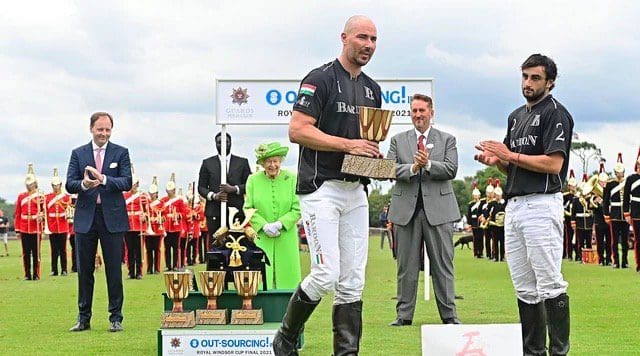
Once Again There Is a Hungarian Wonder Horse, Thanks to Tombor’s Bardon
The team has achieved several significant successes in recent years. In 2013, they finished second at the Dubai Nations Cup, and after several podium finishes, they won one of the world’s most prestigious competitions, the Royal Windsor Cup, in 2022. Bardon was able to beat 26 teams in the race.
The world’s most prestigious tournaments are held in England and Argentina. The Hungarian team has been a regular participant for years. It is therefore a great achievement that, in addition to winning the Windsor Cup, Bardon was able to take first place in one of the most prestigious Argentinean competitions, the Argentina Polo Tour (PoloTour Ellerstina).
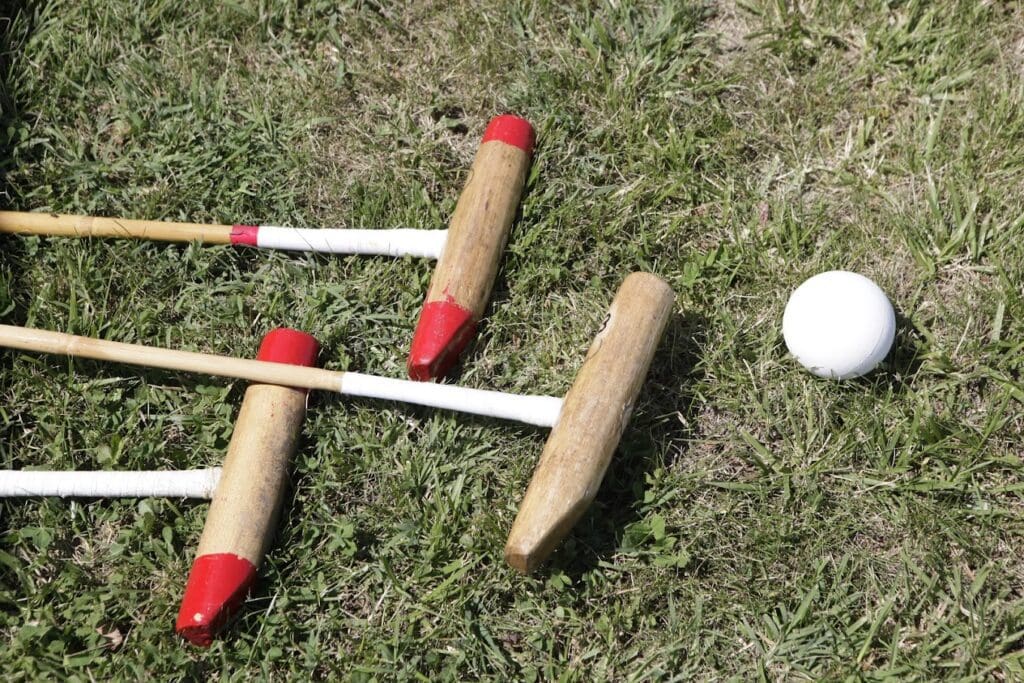
As we wrote earlier, horse breeding has traditionally been a very important area for Hungary. Now, in 2023, once again Hungary has a ’wonder horse’ that may very well match such great predecessors as Overdose and Kincsem:
the Bardon team-bred Callaway, considered to be the best polo horse in the world.
According to experts, a horse with such abilities is born every 25 years or so.
Today, our equestrian past is increasingly coming into focus in Hungary. The film Hadik, which is also a tribute to Hungarian equestrian traditions, was recently released in cinemas.
Bardon's international achievements take us back to the pre-Communist days when polo flourished in Hungary. And horse breeding is booming again, too.
The Hungarian people were born to ride horses, and their love of horse sports is encoded in their genes. If we continue to do excellent work in every area of equestrian culture as those before us like the Andrássy family did, or contemporary enthusiasts like András Tombor do now, we can look to the future with hope.
Related articles:

